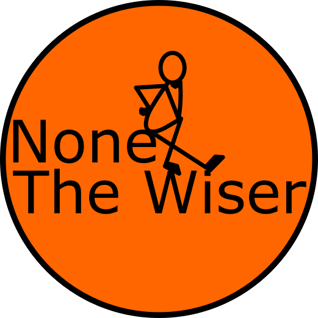How do you learn?
Everyone is different, so should education stay the same?
Brent
12/21/20241 min read


Learning is a highly individual process, and different people may benefit from different approaches based on their learning styles, preferences, and strengths. Here are some effective strategies tailored to various types of learners:
Visual Learners: These individuals learn best through visual aids. To support visual learners:
Use diagrams, charts, and infographics to illustrate concepts.
Incorporate videos and slideshows into study materials.
Encourage the use of color-coded notes and mind maps to organize information.
Auditory Learners: Auditory learners grasp information better through listening. To aid these learners:
Engage in discussions or study groups where they can talk through concepts.
Use podcasts or audiobooks related to the subject matter.
Encourage reading aloud or recording notes to listen to later.
Kinesthetic Learners: These learners thrive on hands-on experiences. To support kinesthetic learners:
Incorporate physical activities or experiments related to the material.
Use role-playing or simulations to practice concepts in real-life scenarios.
Encourage note-taking through drawing or building models.
Reading/Writing Learners: These individuals prefer to learn through written words. To assist these learners:
Provide comprehensive reading materials, such as textbooks and articles.
Encourage writing summaries, essays, or reflections on the material.
Use lists, outlines, and written instructions to organize information.
Social Learners: Social learners excel in collaborative environments. To support them:
Promote group projects and peer teaching opportunities.
Encourage participation in study groups or discussions.
Utilize online forums or platforms for collaborative learning.
Solitary Learners: These learners prefer to study alone and reflect on their learning. To aid solitary learners:
Provide quiet study spaces and resources for independent research.
Encourage self-paced learning through online courses or tutorials.
Suggest journaling or self-assessment to track progress.
Logical Learners: Logical learners enjoy problem-solving and understanding the underlying principles. To support them:
Use puzzles, case studies, and real-world problems to apply concepts.
Encourage critical thinking exercises and logical reasoning tasks.
Provide structured frameworks or models to analyze information.
Ultimately, the best way to learn is to identify one's own learning style and adapt study methods accordingly. Combining different strategies can also enhance understanding and retention. Regular self-assessment and reflection on what works best can lead to more effective learning experiences.
